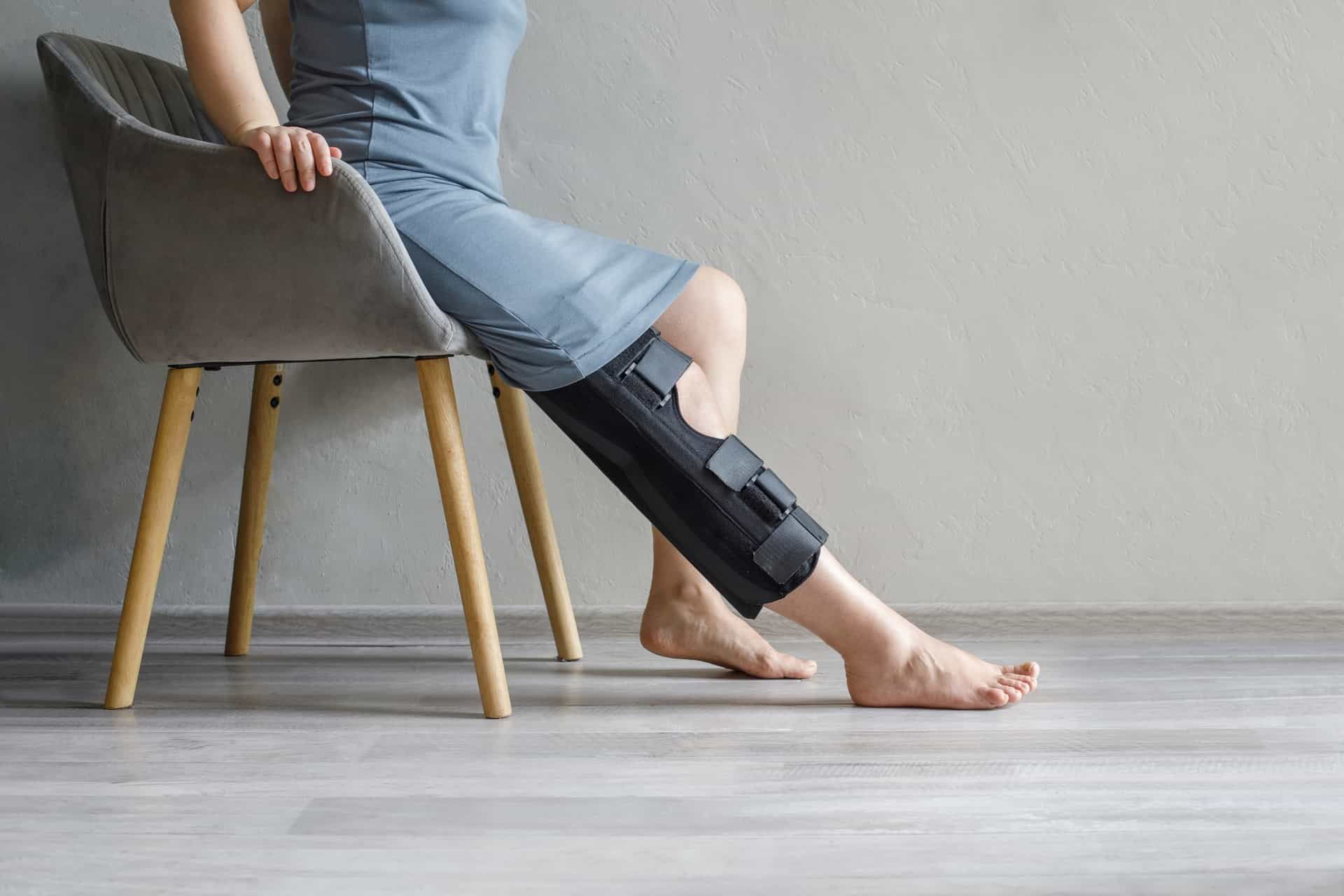How OAS Supports Veterans in TDIU Cases as Vocational Experts

Veterans who are unable to work due to service-related disabilities may qualify for Total Disability Individual Unemployability (TDIU) benefits through the U.S. Department of Veterans Affairs (VA).
These benefits provide financial support to veterans whose disabilities prevent them from securing and maintaining substantially gainful employment. However, proving eligibility for TDIU can be challenging, and that’s where vocational experts play a crucial role.
At Occupational Assessment Services (OAS), our vocational experts provide essential evaluations that help veterans establish their case for TDIU benefits.
By assessing a veteran’s ability to work and the impact of their disabilities, OAS strengthens claims with detailed reports and expert testimony.
What Is TDIU?
Total Disability Individual Unemployability (TDIU) is a VA benefit that allows disabled veterans to receive 100% disability compensation, even if their combined disability rating is below 100%.
To qualify, veterans must prove that their service-connected disabilities prevent them from working in substantially gainful employment—meaning they cannot maintain a steady job that provides an income above the federal poverty level.
To meet the schedular criteria for TDIU, veterans typically need:
- One service-connected disability rated at 60% or higher, or
- Multiple service-connected disabilities with a combined rating of 70%, with at least one rated at 40%.
The Role of a Vocational Expert in TDIU Cases
A vocational expert (VE) assesses a veteran’s ability to work based on their disabilities, education, work history, and transferable skills. While the VA considers medical records when evaluating a TDIU claim, a vocational expert provides critical evidence that connects medical conditions to real-world work limitations.
At OAS, our vocational experts analyze several key factors to determine a veteran’s work capacity:
- Medical Conditions – How do physical or mental impairments affect work abilities?
- Job History – Can the veteran perform past jobs despite disabilities?
- Transferable Skills – Does the veteran have skills applicable to other jobs?
- Workplace Demands – What physical and mental requirements do jobs in the labor market entail?
How OAS Supports Veterans in TDIU Cases
1. Comprehensive Vocational Assessments
OAS conducts in-depth evaluations to assess a veteran’s ability to work. Our experts review medical records, employment history, and educational background to provide a clear picture of how disabilities limit job opportunities.
2. Expert Testimony
In some cases, TDIU claims are denied or challenged. OAS vocational experts provide courtroom testimony to clarify how a veteran’s disabilities prevent them from maintaining employment. Our testimony helps attorneys present compelling arguments before VA hearings or appeals boards.
3. Detailed Vocational Reports
A strong TDIU claim requires well-documented evidence. OAS provides comprehensive vocational reports outlining a veteran’s limitations and explaining why they cannot engage in substantially gainful employment. These reports are often crucial in securing TDIU benefits.
4. Identifying Employment Barriers
Many veterans face hidden employment barriers, such as difficulty focusing, chronic pain, or mobility limitations. OAS evaluates these issues and documents them in a way that strengthens a TDIU claim.
5. Collaboration With Attorneys
Veterans applying for TDIU benefits often work with attorneys who specialize in VA disability claims. OAS partners with legal teams to provide expert vocational opinions that support the legal arguments needed to secure benefits.
Why Vocational Expert Testimony Matters in TDIU Claims
While medical professionals diagnose and treat disabilities, they do not assess how those disabilities impact a veteran’s ability to work. Vocational experts fill this gap by evaluating whether a veteran can perform any type of employment based on their condition. The VA often denies TDIU claims because medical evidence alone does not prove unemployability—vocational evidence is key to bridging this gap.
Without
vocational expert testimony, a veteran’s claim may lack objective proof of their inability to work. OAS ensures that the VA and appeals boards receive clear, well-supported evidence showing why a veteran qualifies for TDIU benefits.
Common Disabilities That Qualify for TDIU
OAS assists veterans with various service-connected disabilities that can make employment impossible. Some common conditions include:
- Post-Traumatic Stress Disorder (PTSD) – Can cause severe anxiety, depression, and difficulty maintaining workplace relationships.
- Traumatic Brain Injury (TBI) – May affect cognitive abilities, memory, and decision-making.
- Chronic Pain Conditions – Back injuries, arthritis, or nerve damage can limit physical work capabilities.
- Hearing and Vision Loss – Can impact a veteran’s ability to communicate effectively in a work setting.
- Severe Orthopedic Injuries – Limits mobility and ability to perform physical tasks required in most jobs.
- Respiratory Disorders – Conditions like COPD or asthma can make it difficult to engage in certain work environments.
The TDIU Application Process
Applying for TDIU benefits involves several steps, and OAS helps veterans navigate this complex process by providing expert evaluations at key stages:
- Filing the Initial TDIU Claim – Veterans submit VA Form 21-8940, stating how their disabilities prevent them from working.
- Providing Medical Evidence – Medical records must show how service-connected conditions impact daily life.
- Obtaining Vocational Reports – OAS provides expert vocational analysis demonstrating how disabilities prevent substantially gainful employment.
- VA Review and Decision – The VA examines all evidence and determines eligibility for TDIU benefits.
- Appealing a Denied Claim – If a claim is denied, OAS provides vocational expert testimony during appeals to strengthen the case.
Conclusion: OAS Helps Veterans Secure the Benefits They Deserve
TDIU benefits can be life-changing for veterans who are unable to work due to service-related disabilities. However, proving unemployability requires strong vocational evidence. OAS provides expert vocational assessments, detailed reports, and courtroom testimony to support TDIU claims.
If you or a loved one needs vocational expert support for a TDIU claim, contact
OAS today for expert assistance!
Disclaimer: The information on this website and blog is for general informational purposes only and is not professional advice. We make no guarantees of accuracy or completeness. We disclaim all liability for errors, omissions, or reliance on this content. Always consult a qualified professional for specific guidance.








